
How One Company Aims to Save Lives with Its Smartwatch
ZEM Life is developing a smartwatch that can deliver Narcan to combat a fentanyl overdose.

ZEM Life is developing a smartwatch that can deliver Narcan to combat a fentanyl overdose.

Patients with opioid use disorder are more likely to stick with their treatment plan when offered buprenorphine via telemedicine, according to a new study. The study involved 1,378 patients, and their 180-day treatment retention rate was 56.4%.
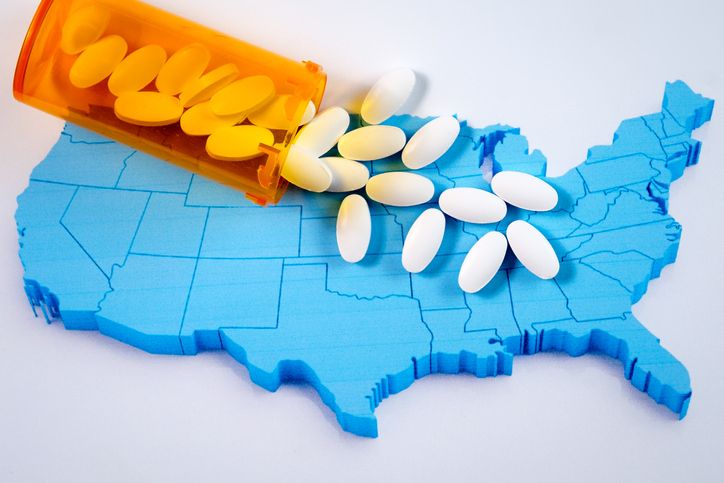
The Department of Justice filed a lawsuit against Rite Aid, accusing the pharmacy chain of filling hundreds of thousands of opioid prescriptions that had “obvious, and often multiple, red flags.” The DOJ claimed that Rite Aid violated the Controlled Substances Act by filling unlawful prescriptions for addictive drugs, as well as the False Claims Act when the chain sought reimbursement from federal healthcare programs for these prescriptions.
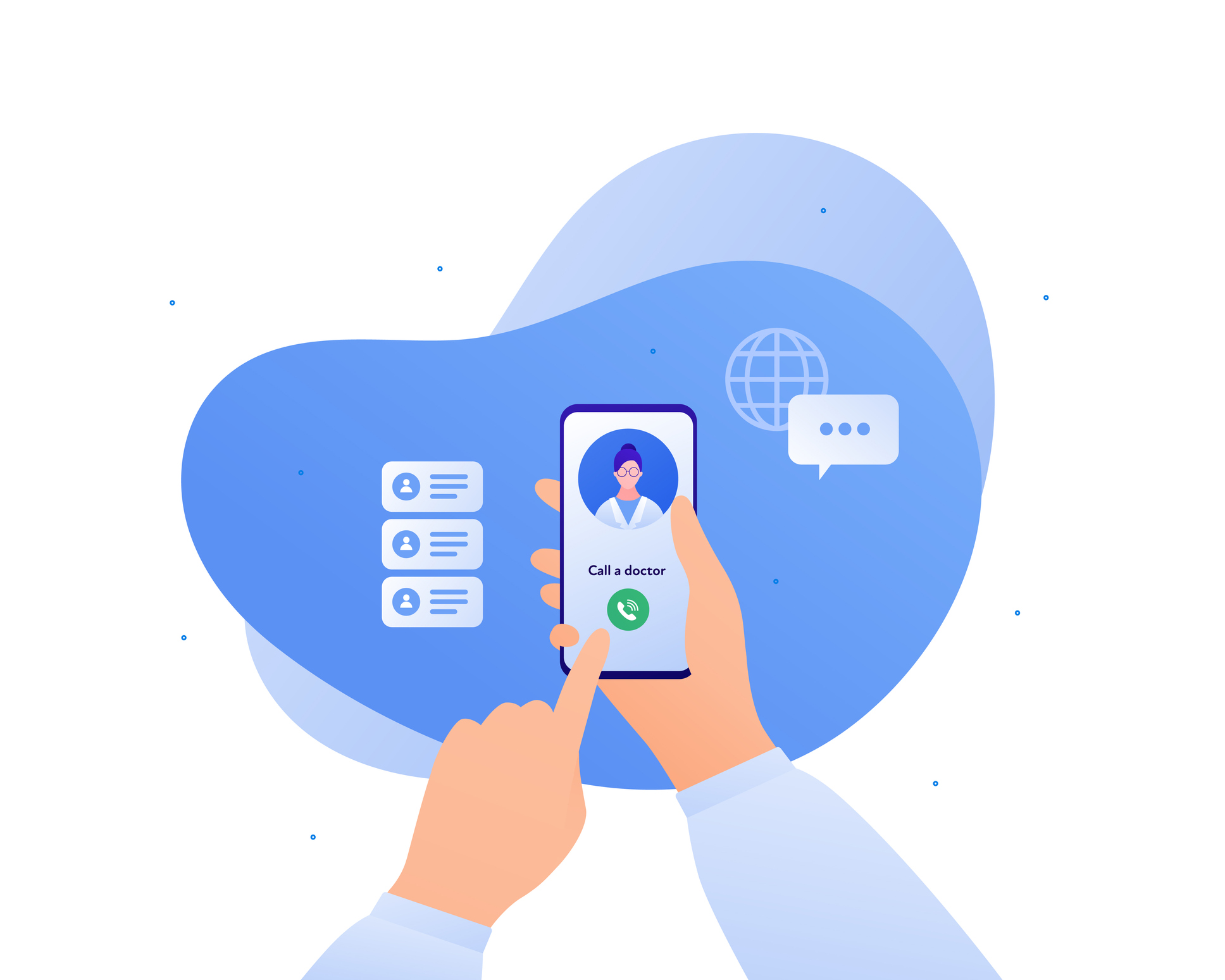
Protectionism against (and fear of) telehealth on display from companies like Walmart and states like Alabama threaten the only effective and scalable solution to America’s opioid epidemic.
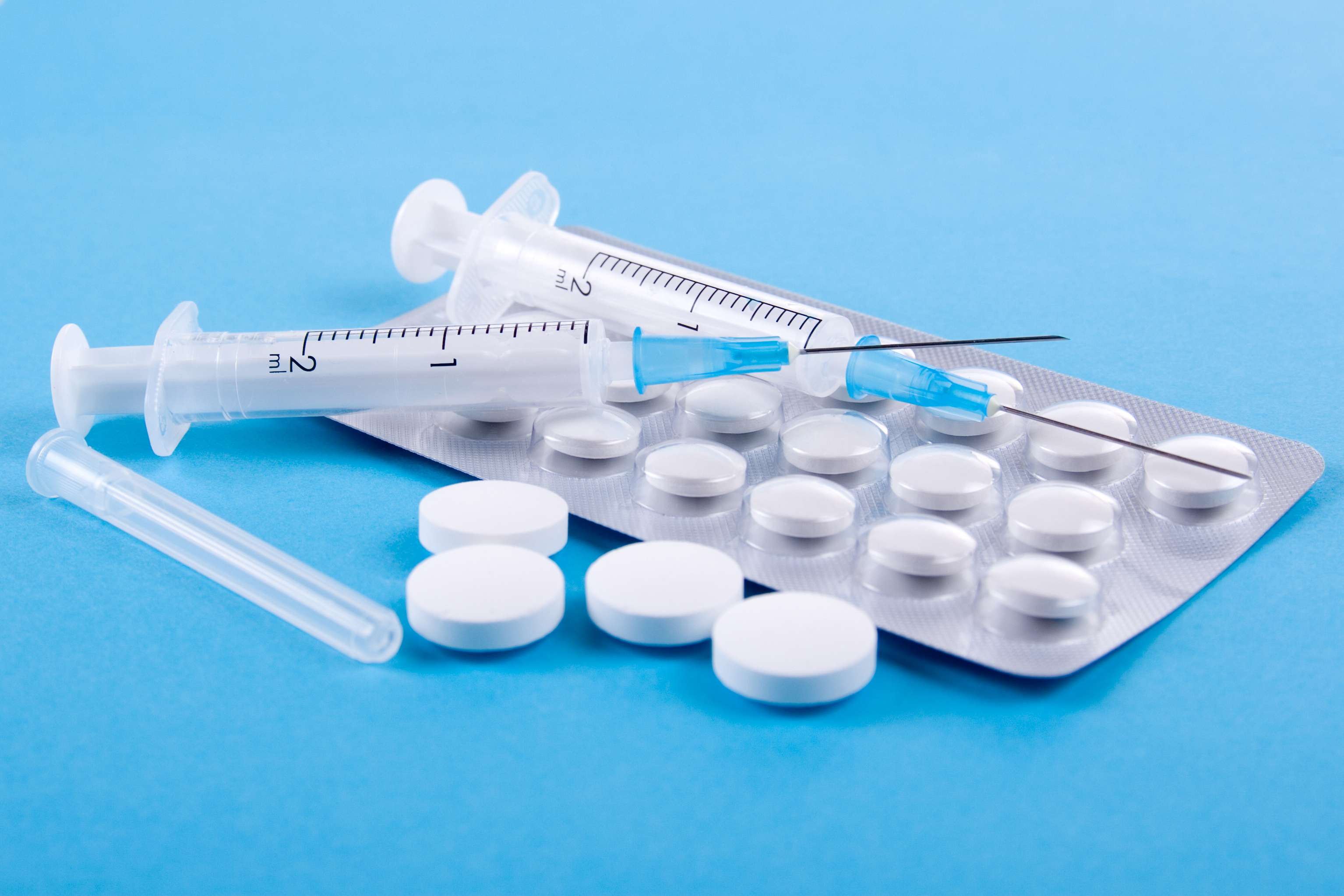
The White House launched a new initiative to address the country’s opioid crisis — a dashboard tracking non-fatal opioid overdoses. The new tool is meant to track overdose clusters to inform better medical responses and preparedness.
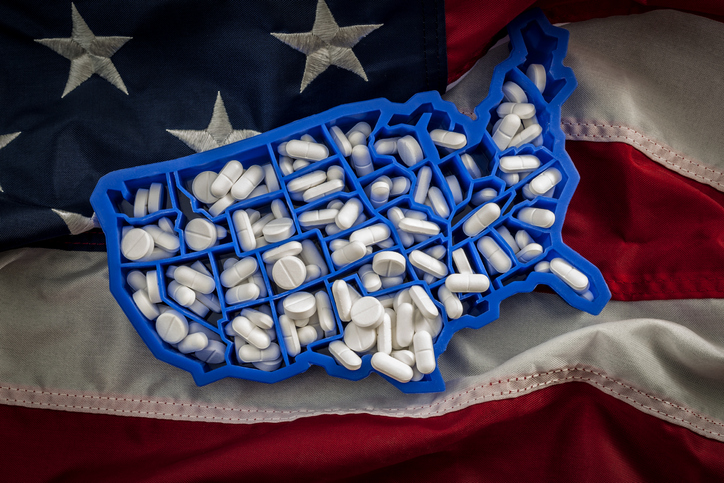
The settlement terms are still being negotiated and the final settlement depends on the number of states, counties, and Native American tribes that agree to join
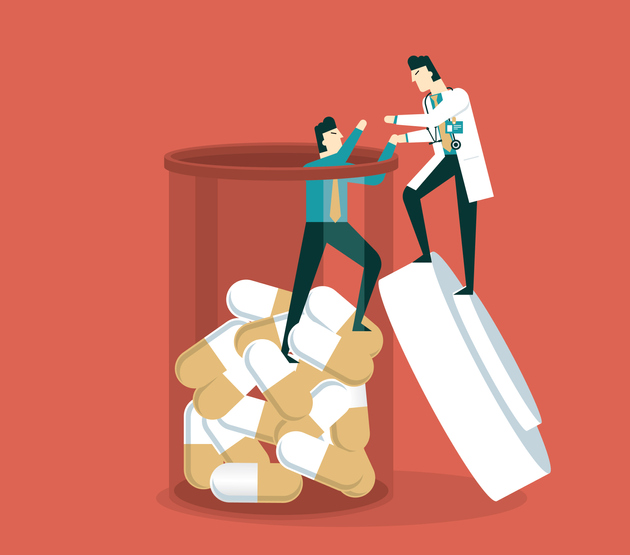
We must continue to push for the expansion of telehealth for Medication Assisted Treatment (MAT) more broadly and call on our federal leaders to do what is right…to change the game for good and make telehealth a permanent solution. Lives depend on it.

A significant obstacle to patients battling opioid addiction is that most treatment programs require frequent in-person visits to medical centers. But many addiction care specialists think decentralizing programs from medical centers could help patients stay on track.

Startup experts and clinicians working on the front lines of the drug and overdose epidemic doubt the flashy Silicon Valley technology will ever reach people in the throes of addiction who are unstably housed, financially challenged, and on the wrong side of the digital divide.

Supporting real-time care coordination will benefit the physical and behavioral health of every patient, resulting in better outcomes and make significant progress against the mental health and substance use crisis that has cut too many lives short and left family and friends grieving.

In a landscape where complexity has long been the norm, the power of one lies not just in unification, but in intelligence and automation.

In addition to monetary damages and the guilty pleas, the government is seeking to transform the maker of OxyContin into a public benefit company that would fund efforts to curb opioid abuse and give away drugs to prevent overdose deaths.

The Wall Street Journal reported that at least six companies' disclosures that they had received subpoenas were related to the investigation, and subpoenas for additional companies are expected in the coming months.

In other news, the three largest pharmaceutical distributors in the country - AmerisourceBergen, McKesson and Cardinal Health - were reportedly in talks to settle opioid litigation for $18 billion.
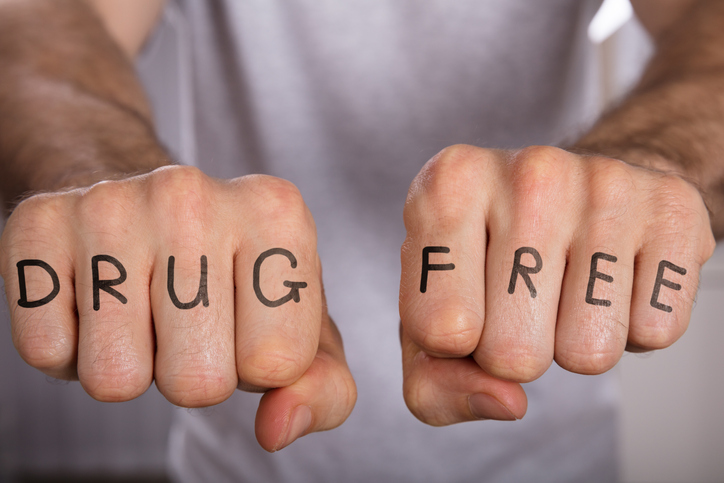
Companies are developing non-drug approaches to tackling the prescription opioid crisis and stand to receive support from the likes of the NIH and the FDA.
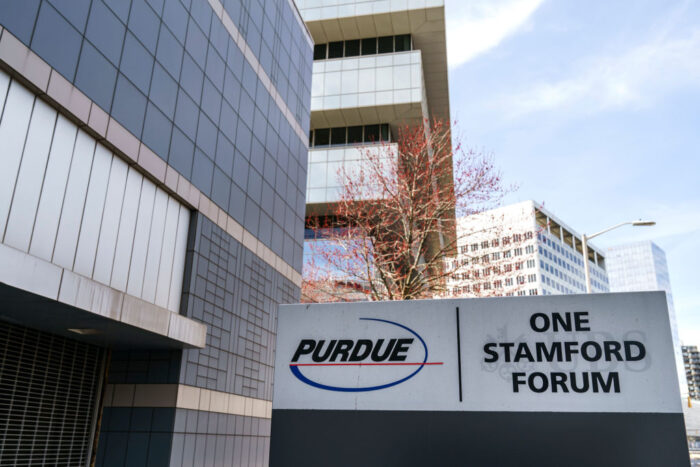
The company filed for Chapter 11 Monday, but the move was criticized by some, particularly attorneys general in Massachusetts and Connecticut, amid reports that the Sackler family wired about $1 billion to overseas accounts.